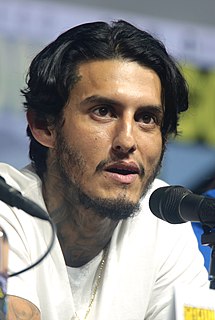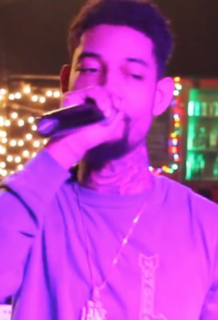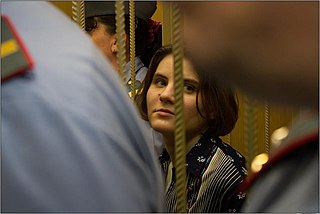A Quote by Sadiq Khan
Probation is a less-well-known branch of our justice system, compared with, say, police and prisons, but that doesn't make it any less important. Hundreds of thousands of offenders each year are rehabilitated back into society by probation, which is crucial for the public's safety.
Related Quotes
Too many communities are living in fear as violent crime rises. So we need to reform our justice system to keep our streets safe and protect the law-abiding majority. That means putting an end to soft sentences and punishing offenders by keeping them behind bars so that the public can be protected and the offenders can be rehabilitated.
The prison-industrial complex employs millions of people directly and indirectly. Judges, prosecutors, defense attorneys, prison guards, construction companies that build prisons, police, probation officers, court clerks, the list goes on and on. Many predominately white rural communities have come to believe that their local economies depend on prisons for jobs.
There are a score of great religions in the world, each with scores or hundreds of sects, each with its priestly orders, its complicated creed and ritual, its heavens and hells. Each has its thousands or millions or hundreds of millions of true believers each damns all the others with more or less heartiness - and each is a mighty fortress of graft.
In his recent book, When Brute Force Fails, UCLA's Kleiman argues that new strategies for targeting repeat offenders--including reforms to make probation an effective sanction rather than a feckless joke--could cut crime and reduce prison populations simultaneously. Safer communities, in turn, might produce more hopeful and well-disciplined kids.
Freedoms and apprenticeships are likewise expedients of police,not of that wholesome branch of police, whose object is the maintenance of the public and private security, and which is neither costly nor vexatious; but of that sort of police which bad governments employ to preserve or extend their personal authority at any expense.
I think it's critically important for people to understand that this system of mass incarceration governs not just those who find themselves in prison on any given day, but also all those who are in jail, on probation or parole, as well as all those who are just months away from being locked up again because they are unable to find work or housing due to their criminal record.
In case after case, President Bush's actions have made American women less safe and less secure -- on the job and on the streets. As president, I will put American government and our legal system back on the side of women. I will stand up for their security, ensure their safety, support their rights, and guarantee their dignity. This nation can do no less.
In the United States the government has become less important. So, it's democracy, but as each year passes it seems that the government plays less of a role in people's lives, and so they're living in whatever situation their employment imposes upon them more than they're living in a grand political system.






























